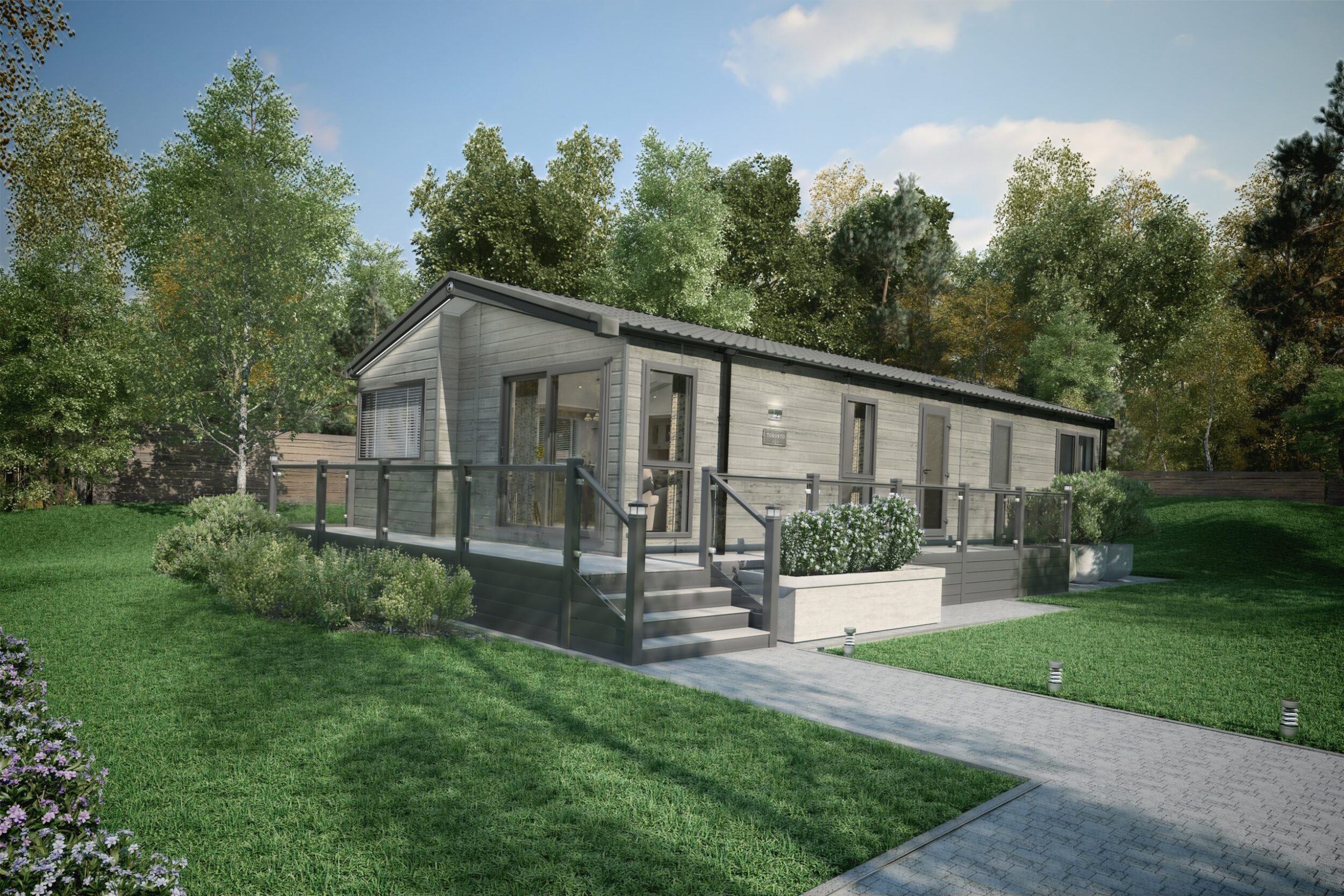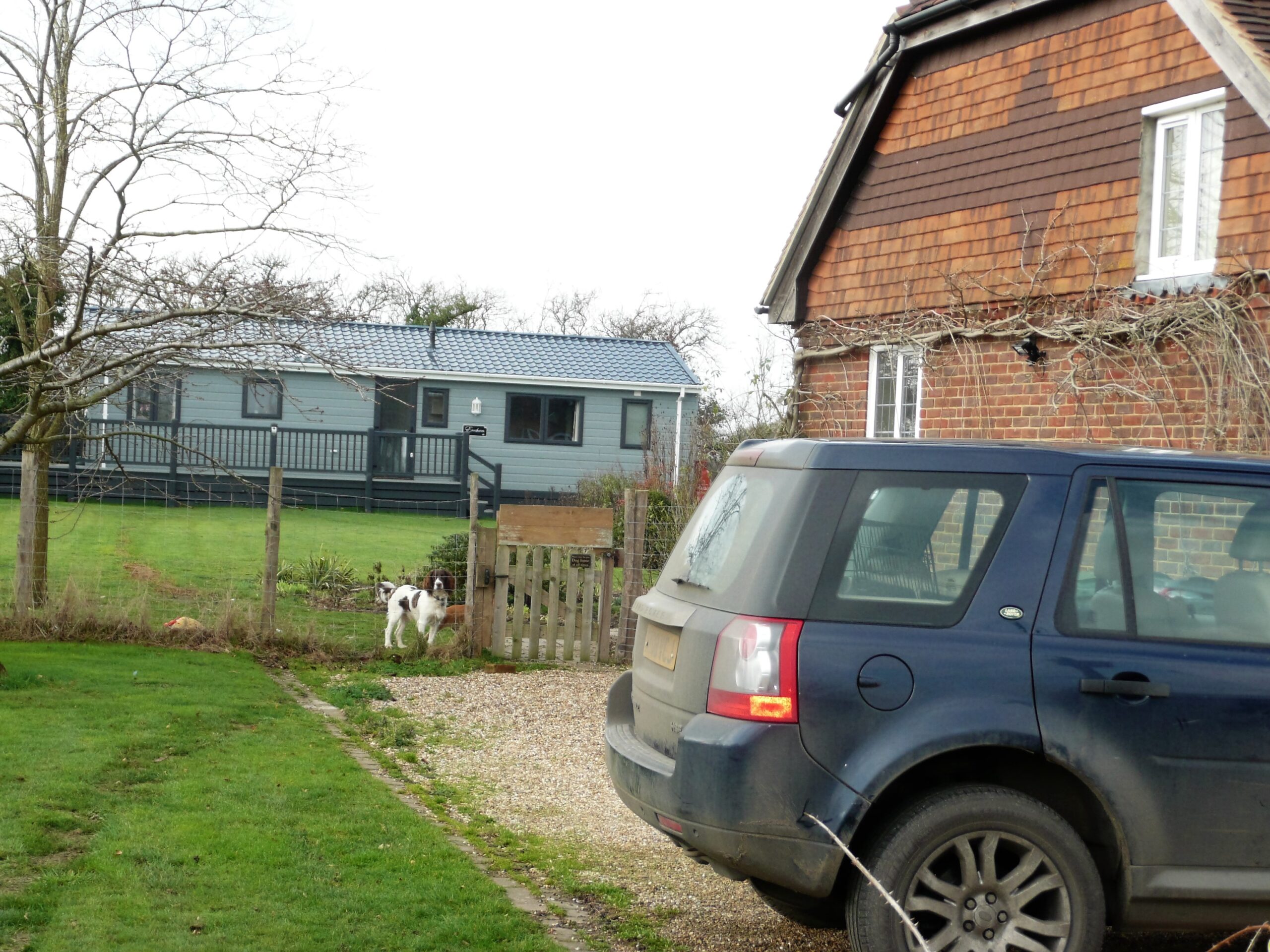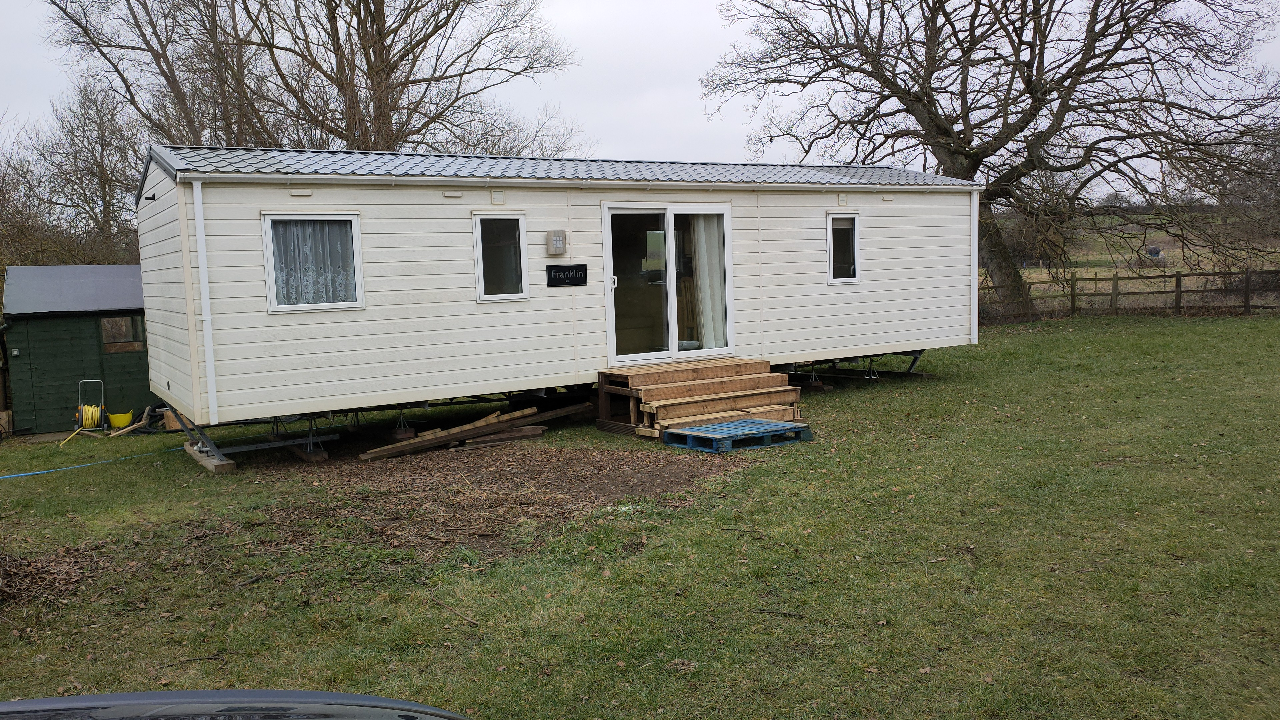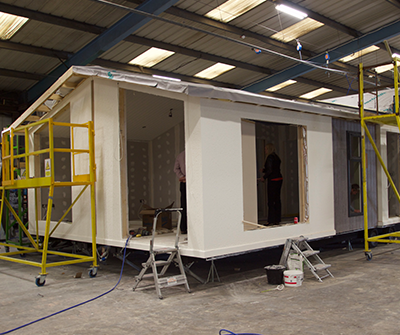10 Advantages of home care

Reaching the decision that you, or a loved one, need care is challenging. As well as the emotional impact, there’s also practical things to think about including costs, requirements and the type of care that’s best.
When it comes to deciding between home care and residential care, you may be unsure which option is best for you or even what each really offers. To help you decide whether care at home is the right option for you, we have compiled a list of the top 10 advantages.
1. Home care lets you remain in familiar surroundings
Care at home allows you to continue to live where you are the most safe and comfortable, in your own home surrounded by friends and family.
This is something that’s important to most people, but may be particularly relevant for older people and those living with dementia. It is common to have lived in the same place for a long time, collecting memories and personal items which can be difficult to separate from. Care at home enables you to keep sleeping in your own bed, relaxing in your favourite lounge chair and soaking up the sun in your own garden.
Receiving care at home also makes it possible to stay close by to the people you love. For example, if only one person in an elderly couple needs care, choosing to receive care at home rather than in a residential setting avoids separation, which can cause anxiety and worry for everyone involved.
2. No need to uproot and sell your home
If you choose to move into a care home, it may be necessary to sell your home in order to cover the fees. Selling your home and all the complications that come with it is a stressful event at any stage of life, but when the need for care occurs suddenly, selling your home alongside trying to find care can be extremely challenging.
Choosing home care over residential care removes the worries of everything that selling your home involves, such as what to do with all your things, estate agent fees, and the emotional toll that comes with moving away from a space where you feel safe and secure.
3. Home care is flexible to suit your needs
When you arrange care at home, you will receive a personalised care plan fully tailored to your needs, preferences and lifestyle.
Home care can be arranged on a temporary basis, for example if you require reablement following a hospital stay or an injury, or it can be arranged for the longer-term. You will have the option of short visits all the way through to 24-hour live-in care if this is what you require.
How carers assist you will also be based around what you need.
For example, they can offer assistance with general activities such as:
- Housework
- Planning and preparing meals
- Getting in and out of bed each day
- Accompanying you for trips out
- Companionship at home
Carer workers can also support you with medical tasks including:
- Managing and taking medication
- Changing stoma bags
- Treating and caring for wounds
- Attending medical appointments
There are various types of home care available, such as personal care, dementia care and nursing care.
4. You only pay for the care you need
When you receive home care, the fees involved are only for the time that you are being cared for as opposed to in residential care where costs often also cover things like utility bills. For example, if a care worker visits you three times per week, and each visit is one hour, you will only pay for those three hours.
Do bear in mind that care providers offer different minimum care visits, some will offer an hour as minimum where others will offer 30 minutes. You should consider this when choosing your provider and weighing up the costs.
How much does home care cost?
As of 2024, the cost of home care in the UK is between £23 to £34 per hour, and live-in care fees start at around £900 to £1,400 a week but can go up to £2,000. It is important to note that fees vary depending on your needs as well as the provider you choose.
5. Retain independence and lifestyle
Although the need for care can inevitably impact some parts of your life, it shouldn’t be detrimental to your independence. Home care can be provided to fit around your lifestyle and schedule, empowering you to continue living life the way you choose.
The additional support offered through home care services might even make it possible to return to the things you love doing where your health or abilities have previously prevented you from doing so.
A good home care provider will empower you to live a fulfilled and active life, whatever that means to you.

6. Maintain relationships
As well as making it possible to keep your home comforts to hand, receiving care at home also means that you can continue to welcome visitors whenever you choose. Perhaps you are a part of a club or organisation that meets at certain times, or your family has regular Sunday dinners, with care at home you can continue to spend your time with others as much as you wish.
With home care, you’re able to maintain relationships with your family, friends and people in your community and continue to spend the same amount of time with them as you usually would.
7. Person-centred, one-to-one care
Home care services are highly personalised, and you will receive one-to-one care each time a care worker visits you.
This means that for the duration of their visit, the care worker will be fully focused on just you, allowing them more dedicated time to get to know you as a person, understand your needs and provide care and support to suit you.
This also makes it easier for you to become comfortable with receiving additional care. In a residential care setting, you’ll see a number of care professionals each day and for some this can be overwhelming to begin with. With care at home, you will usually have one or two care workers assigned to you, so there are less people to get to know and you can build on those relationships much more quickly whilst adjusting to your new routine.
8. Your family can be more involved
When you move into residential care, sometimes a suitable care home for your needs may be further away from your family and loved ones, which will be particularly difficult if they provide regular support and companionship.
Remaining at home allows your loved ones to continue to be involved in your care and play a larger part in your care plan, advocating for you if it’s ever necessary to do so.
9. End of life and palliative care in your own home
Being diagnosed with a life-limiting illness or nearing the end of your life does not mean that you have to move away to receive care.
Although the same services may not be available at home compared to a hospital or care home, receiving end of life care at home allows people to spend their last weeks, months, or even years in the comfort of their own homes. This can be reassuring for you as well as your family and friends.
Anyone approaching end of life is entitled to high-quality care, wherever they wish to be cared for.
10. Pets allowed
The tenth great advantage of receiving home care is keeping your pets close. Some care homes do not allow pets and it can be difficult to come to terms with leaving them.
Whilst it may seem unimportant to some, pets provide comfort and companionship and can have a hugely positive impact on wellbeing. For many people, pets are an extremely important part of their life and having them around can make a big difference, especially if they’ve lost loved ones.
Similar Articles

Exciting News: We Now Supply Swift Holiday Homes & Lodges!
Exciting News from The UK Caravan Centre! We’re delighted to...
Read More
What Does “Ancillary Use” Mean for a Static Caravan?
f you’re considering placing a static caravan in your garden,...
Read More
Can I Live in a Static Caravan or Lodge on My Own Agricultural Land?
Many people dream of living on their own land, surrounded...
Read More






